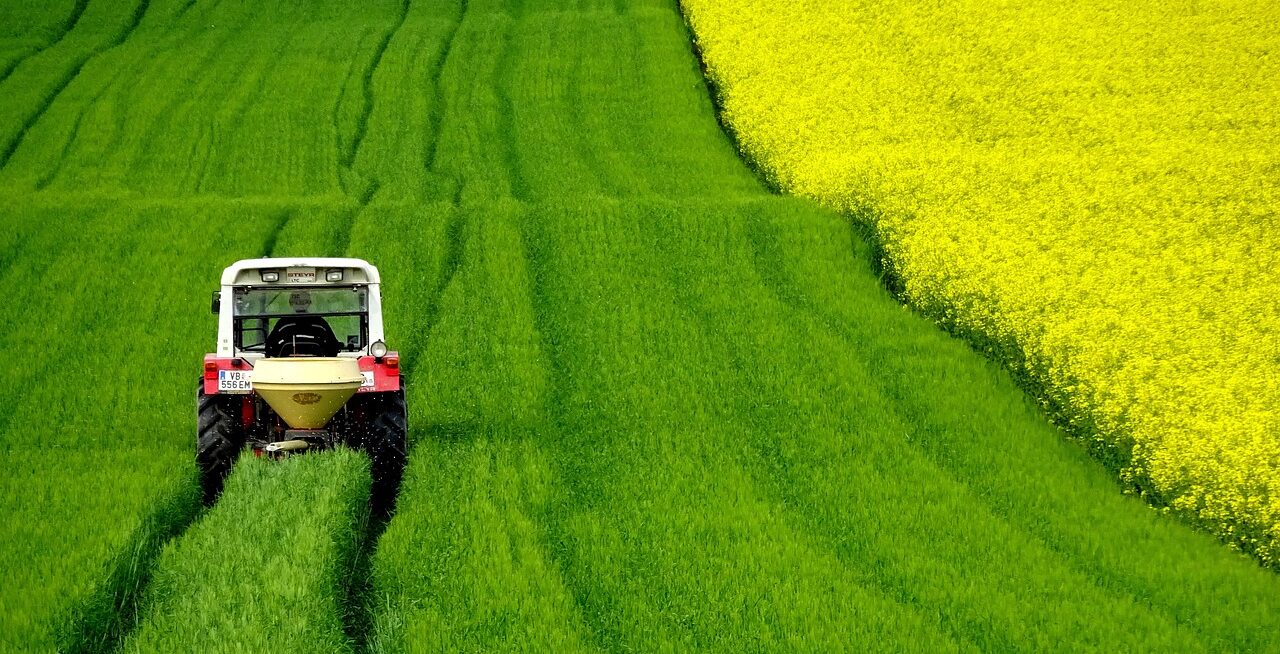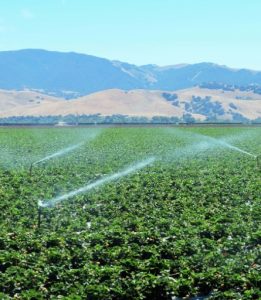By Ajit Niranjan
Some of our critical staple crops could suffer “substantial” production losses due to climate breakdown, a study has found, even if farmers adapt to worsening weather.
Maize, soy, rice, wheat, cassava and sorghum yields are projected to fall by as much as 120 calories per person per day for every 1C the planet heats up, according to new research in Nature, with average daily losses that could add up to the equivalent of not having breakfast.
The study found rising incomes and changes in farming practices could stem the losses by about a quarter by 2050 and by one-third by 2100 – though they would not stop them entirely.
“In a high-warming future, we’re still seeing caloric productivity losses in the order of 25% at global scale,” said Andrew Hultgren, an environmental economist at the University of Illinois Urbana-Champaign and lead author of the study. “It’s not as bad as a future where adaptation doesn’t happen at all, but it’s not this rosy ‘agriculture is going to benefit from climate change’ kind of picture.”
Farmers are among those hardest-hit by extreme weather events, but scientists have struggled to quantify what climate breakdown will do to food production. A major source of uncertainty is the extent to which farmers will adapt to hotter temperatures by changing which crops they use, when they plant and harvest them, and how they grow them.
The team of researchers from the US and China used data from 12,658 regions in 54 countries to capture the extent to which food producers have adapted to different changes in the climate. They applied these historical relations to models simulating future crop production as temperatures rise and economies grow, and compared the losses with a hypothetical world in which global heating stopped in the early 2000s.




